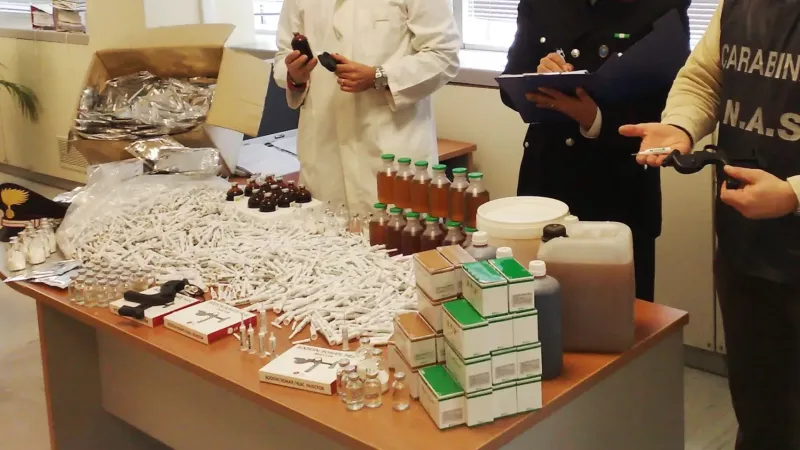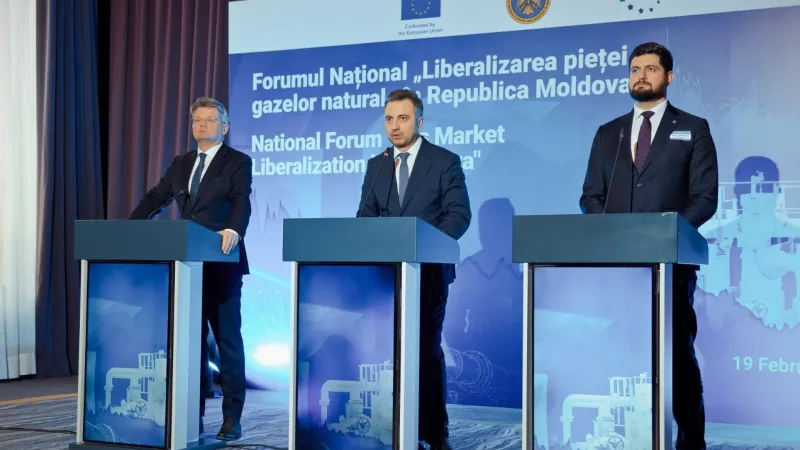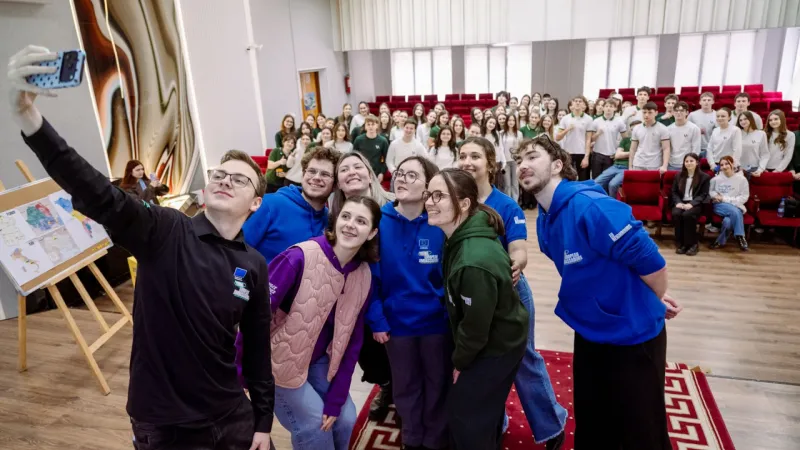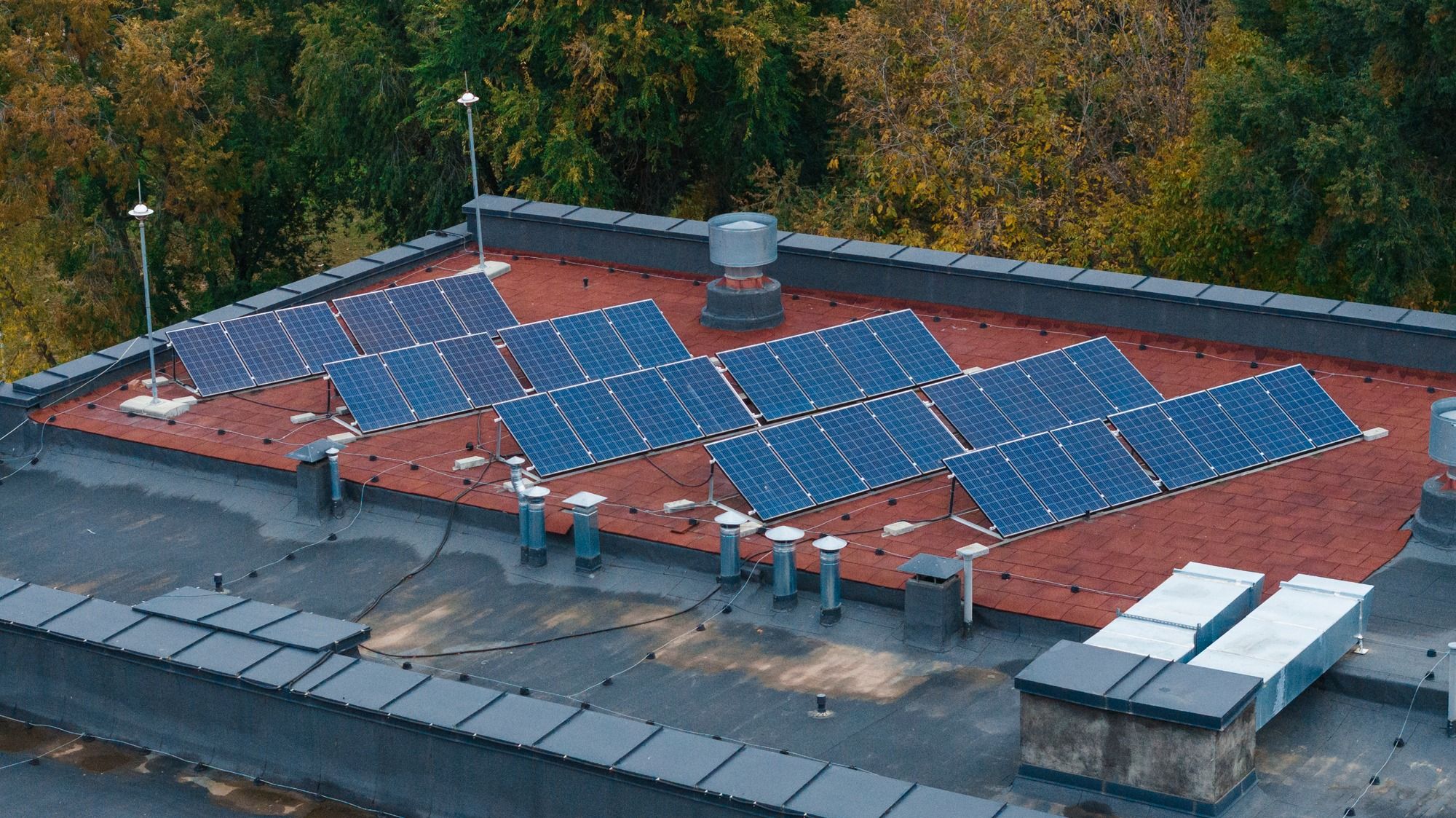
Energy efficiency pays off: show recent studies on retrofitted building in Moldova
A recent study on the eight high schools retrofitted within the framework of the “Modernization of Local Public Services in the Republic of Moldova” (MSPL) project confirm annual savings of up to 60% of final energy consumption, and recovery of each investment by the savings only in a period of 9 to 16 years, depending on energy tariffs.
Included in the list of beneficiaries in 2022, the “Constantin Spătaru” Theoretical High School in Leova district benefited from extensive rehabilitation works, worth 3.2 million euros, which significantly improved the energy efficiency and study conditions for the over 540 students, teachers and employees. The building of the institution was thermally insulated, new windows were installed, the heating, water and sewage networks were rehabilitated, and the cafeteria was equipped with modern equipment. At the same time, thermal comfort, air quality and general study conditions improved considerably, providing students with a safe and healthy environment.
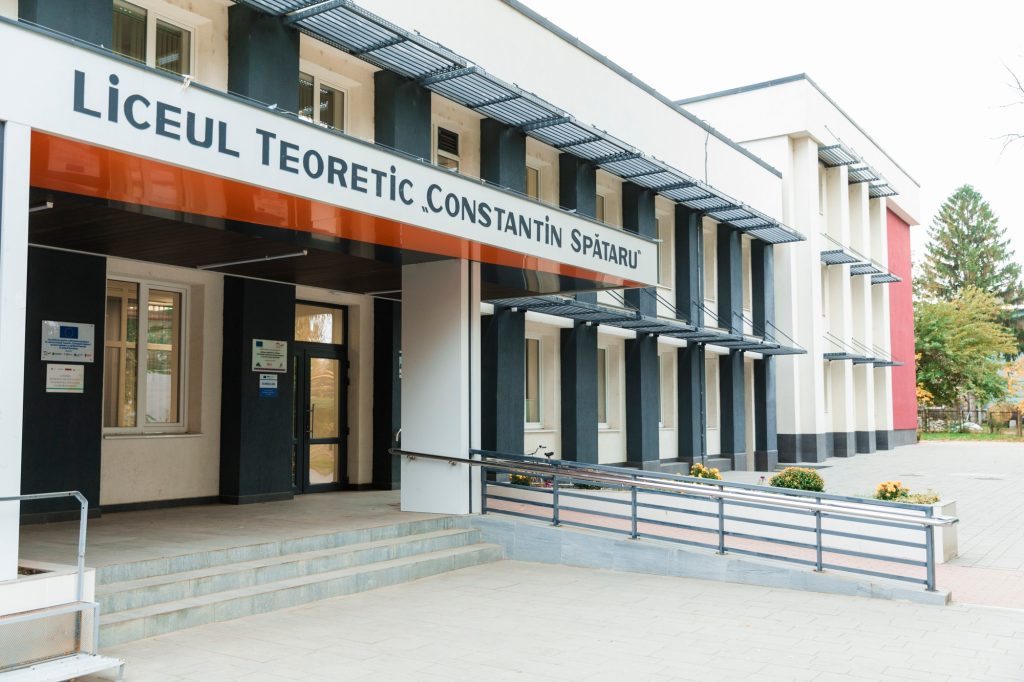
In order to document the results of the energy audit and the impact of the implemented efficiency measures, the High School was visited by the Minister of Energy, Dorin Junghietu, together with the German Ambassador, Hubert Knirsch, EU and GIZ and other representatives.
“In terms of energy efficiency, the state must have the role of an example. And the “Constantin Spătaru” Theoretical High School, along with the other 7 schools, modernized with the support of the European Union and German Cooperation, are precisely such an example for communities. We have set a goal to make 0.8% of public buildings more energy efficient every year for the comfort of the population and employees, but also aiming for long-term economic effects – reducing energy consumption and bills, but also greenhouse gas emissions. Investing into energy savings pays back for the country very quickly.” said the Minister of Energy, Dorin Junghietu.
“The energy security and resilience of the Republic of Moldova is one of the key pillars of the European Union’s support. We want people to be able to live and work in comfort all year round, especially in the cold season. At the same time, our support is aimed at strengthening the country’s energy independence, so that the Republic of Moldova can no longer be subject to energy blackmail, but can develop freely and sustainably.
I am particularly pleased to see the highschool in Leova, renovated in 2023 with the financial support of the European Union and Team Europe, is today demonstrating tangible results: increased comfort for students and teachers, and significantly lower energy bills. Congratulations to all those involved in this project and in many other similar initiatives carried out with the financial support of the European Union throughout the Republic of Moldova,” declared the Ambassador of the European Union to the Republic of Moldova, Iwona Piórko.
“Today, we celebrate the positive impact energy saving measures have – and that they are an excellent investment into Moldova’s future. The Constantin Spătaru Theoretical High School shows how energy efficiency delivers concrete results — lower costs and better learning conditions for students. Germany remains a strong partner in these efforts, together with the EU and other development partners” said the German Ambassador, Hubert Knirsch.
“For GIZ, it is encouraging: The results of modernization of such a school shows that energy efficiency projects can be implemented successfully, with direct benefits for students, teachers, and municipalities. This success motivates us to continue accompanying Moldova, for example through enhanced energy management, and ensuring their impact across the country.” said the Head of Division Germany, Europe, South Caucasus, GIZ, Tilman Nagel.
Today, over 5,000 students and teachers in the Republic of Moldova enjoy modern, energy-efficient and environmentally friendly schools. The renovation story of the “Constantin Spătaru” Theoretical High School in Leova demonstrates that investments in energy efficiency do not only mean warmer buildings and lower bills, but also investments in the education, health and future of our children.
This achievement was part of a broader effort to modernize educational infrastructure throughout the country. In total, investments in the energy efficiency of educational institutions made through the MSPL project amounted to approximately 300 million lei. These investments pay for themselves in 9–16 years, depending on energy prices, and contribute in the long term to reducing the financial burden on public authorities while increasing the sustainability of the infrastructure.
“Thermal energy consumption has decreased by over 40% in the high school building, from 430 Gcal 10 years ago to 256 Gcal last year. At the same time, the number of students has doubled, reaching 573 this year. There are modern and attractive study conditions, the comfort in the classrooms is much superior, and the maintenance costs are lower.”, said the director of the “Constantin Spătaru” Theoretical High School in Leova, Dorin Marin.
Building on these results, further multi-partner initiatives with Europe will continue to support Moldova’s path toward energy efficiency and sustainability, with Germany and others remaining an engaged and reliable partner in these efforts. Examples include the Initiative for the Development of Sustainable Public Infrastructure through Energy Efficiency Renovations (INSPIREE) program that provides for the renovation of 30 public buildings, including 16 higher education institutions (approximately 58,000 m²) and 14 district hospitals (approximately 34,000 m²), with a direct impact on the quality of services and the reduction of energy costs. Energy for Moldova (E4M) project, which advances energy-efficient refurbishments and appliance upgrades at national, municipal, and household levels, strengthens local capacities, and contributes to lowering energy costs and greenhouse gas emissions.
Moldova Energy Efficiency Program (MEEP) focused in the first stage on 10 public hospitals, and later, on other social objectives, such as educational institutions. Another investment program is Sustainable Transition through Energy Efficiency in Moldova Project (STEEM) for energy renovation of 46 schools across the country.
The European Union contributed to this programme through the project “Construction of water supply and sanitation infrastructure and energy efficiency in public buildings”, implemented by the German Agency for International Cooperation (GIZ Moldova) in partnership with the Ministry of Infrastructure and Regional Development between 2018 and 2024. For this project, the European Union allocated a grant of €39.8 million, supporting the improvement of essential public infrastructure and promoting sustainable development across Moldova.




